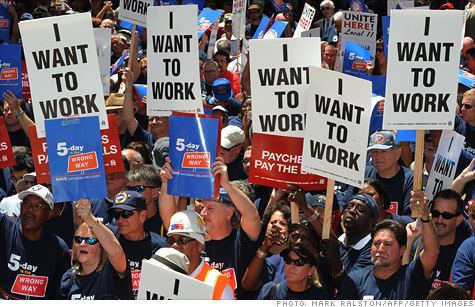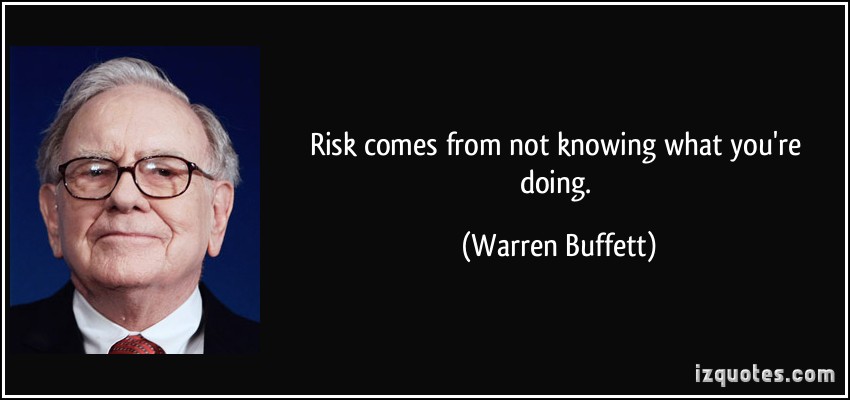Regardless of the 5.6% increase in the wages of the accommodation and food services sector in 2013, Singaporeans are still keeping away from the jobs it offers.
In fact, job vacancies in this sector elevated from 5,010 in 2011 to 7,740 in 2014. Majority of these vacancies carried the positions of waiters, followed by food service counter assistants and cooks. Employers even added that these positions were hard to fill with locals.
To be fair, this is influenced by the ever so growing number of establishments. The Singapore Department of Statistics conducted a survey last year and found that there were about 6,750 establishments in the food and beverage (F&B) industry in 2013!
With overflowing establishments and lack of manpower, businesses may turn to other options such as outsourcing talents abroad or letting the employee perform multiple positions.
Nonetheless, if you are at the crossroads right now, it is good to contemplate on entering the welcoming arms of the F&B industry.
There are a lot of positions and wages you can choose from! Here are just some of them:
1. GENERAL MANAGER
Average salary per month: S$7,000
The restaurant’s general manager supervises all the employees and oversees the profile and loss of the business. The general manager does this by exploring the ways to cut costs and increase sales. Also, it is his responsibility to ensure that everything runs smoothly in the restaurant.
2. EXECUTIVE CHEF
Average salary per month: S$7,000
The executive chef is brain behind the kitchen operation. He or she is tasked to create the menu and recipes with the head chef, manage the product inventory, supervise the kitchen staff, and perform some administrative work. In most cases, this executive position does not require one to cook on a daily basis.
3. RESTAURANT MANAGER
Average salary per month: S$3,000
Aside from the day-to-day operations, it is the restaurant manager’s job to attend to the restaurant maintenance, customer complaints, staff hiring and training. Usually, the average pay for restaurant managers in hotels are higher by a couple of thousands.
4. HOST
Average salary per month: S$1,800-S$2,200
The host is in charge of assisting the guests to their designated tables and taking reservations from the guests. Also, they graciously handle the walk-in customers.
5. WAITER
Average salary per month: S$1,800-S$2,200
Waiters or service attendants set and clear the tables. They are familiar about the restaurant’s menu. In other restaurants however, waiters are divided into two groups namely: a.) to support the senior waiters and b.) to perform other tasks such as preparing the bread and coffee.
6. SOUS CHEF
Average salary per month: Differs per division
The sous chef is the next in line when the head chef is not around. He or she is the one you can count on when you need the extra help in the kitchen. Also, he makes sure that the qualities of the ingredients are maintained.
The sous chef position exists within a hierarchy that is divided into three levels namely: executive sous chef, senior sous chef, and junior sous chef. The average salaries per month respectively are S$3,600, S$3,200, and S$2,500.














